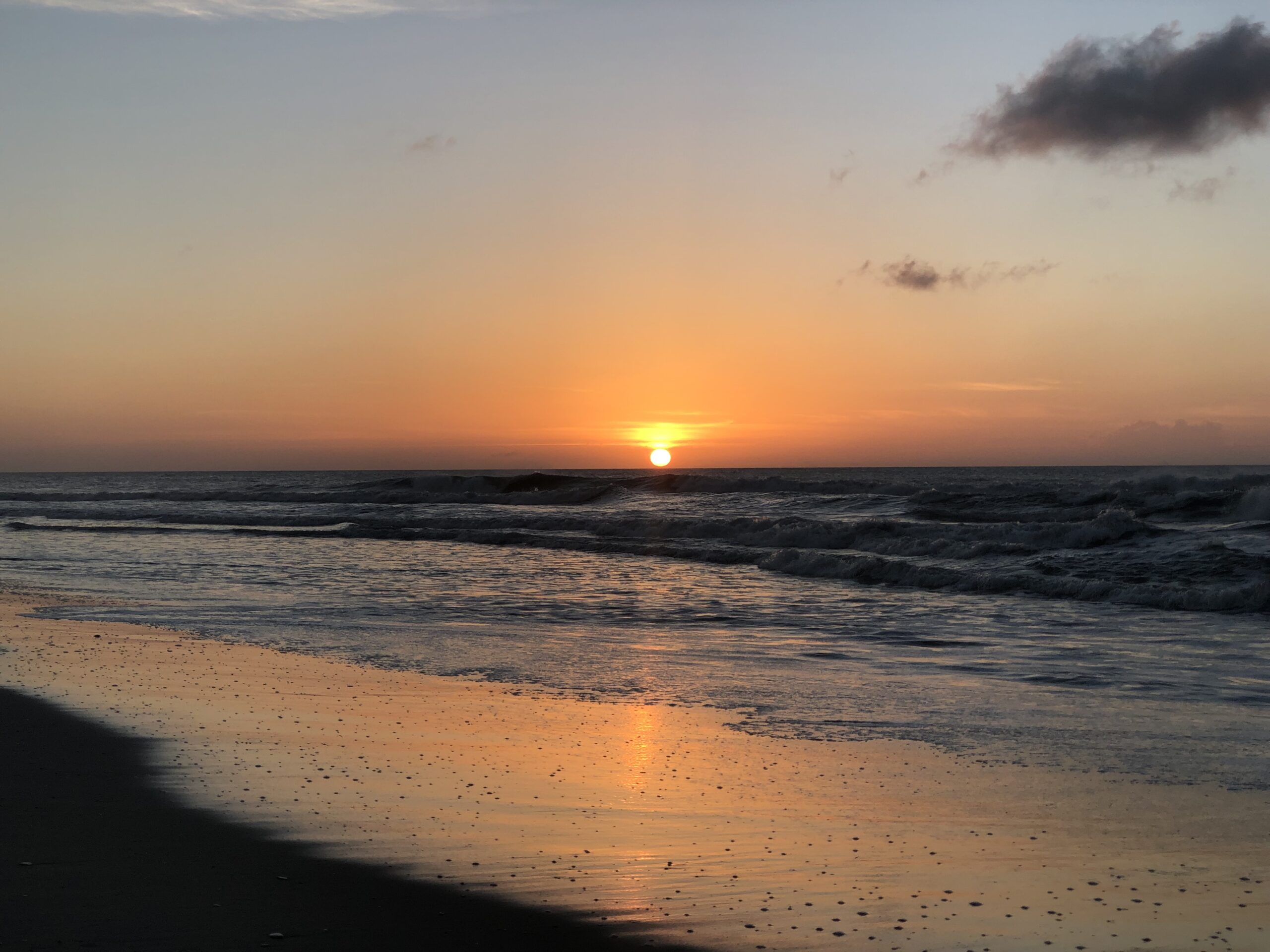
Our surroundings profoundly impact our mental health. Various environmental factors, from socioeconomic conditions to the presence of nature, can influence anxiety levels. Understanding these influences is essential to managing and improving mental well-being.
The Impact of Socioeconomic Conditions on Anxiety
Socioeconomic status plays a significant role in mental health. People living in low socioeconomic conditions often face chronic stress due to financial instability, lack of access to quality healthcare, and unsafe living environments. These stressors can increase anxiety levels.
Financial Instability and Chronic Stress
Financial instability creates a constant state of worry about meeting basic needs such as food, shelter, and healthcare. This persistent uncertainty can lead to chronic anxiety, making it difficult for individuals to focus on other aspects of life. The stress of financial strain can also exacerbate physical health problems, further increasing anxiety.
Limited Access to Healthcare
Inadequate access to healthcare means that mental health issues often go untreated, exacerbating anxiety and other mental health disorders. People in low socioeconomic conditions may not have the resources to seek professional help, leading to prolonged suffering and worsening symptoms.
Unsafe Living Environments
Unsafe living environments, characterized by high crime rates and poor housing conditions, also contribute to heightened anxiety. The fear of personal safety and the stress of living in substandard conditions can perpetuate a cycle of anxiety and depression. Constant vigilance and the inability to relax in one’s own home significantly impact mental health.
Addressing these issues through targeted public health efforts, including initiatives led by MPH online Texas programs graduates and MS in Public Health graduates from Johns Hopkins University, can make a substantial difference. Regions with higher crime rates and poor infrastructure require focused interventions to improve living conditions and, consequently, mental health outcomes. Graduates from programs like the University of Melbourne’s Master of Public Health can also bring global perspectives to address these challenges effectively.
The Role of Nature in Reducing Anxiety
Nature has a remarkable ability to reduce anxiety. Studies have shown that spending time in natural settings, such as parks, forests, or near bodies of water, can significantly lower stress levels. Nature provides a calming effect, offering a respite from the hustle and bustle of urban life.
Green Spaces and Mental Health
Exposure to green spaces can lower levels of cortisol, the stress hormone, and improve mood. Activities such as walking, gardening, or simply sitting in a park can provide a sense of peace and relaxation. Green spaces promote physical activity and can improve overall mental health.
Urban Planning and Access to Nature
Incorporating nature into daily life, even in small ways, can profoundly affect mental well-being. Urban planners and policymakers are increasingly recognizing the importance of green spaces in cities, promoting mental health through accessible natural environments. Community gardens, rooftop parks, and tree-lined streets can enhance the quality of urban life.
Nature Therapy and Mindfulness
Practices such as nature therapy and mindfulness in natural settings can also reduce anxiety. Engaging in activities like forest bathing, where individuals immerse themselves in a forest environment, or practicing yoga in a park can help lower stress levels and promote relaxation.
Environmental Pollution and Anxiety
Pollution, both air and noise, has a detrimental impact on mental health. Exposure to high levels of air pollution can increase anxiety and depression. Pollutants can affect the brain’s chemistry, leading to heightened stress responses and anxiety.
Air Pollution and Mental Health
Air pollution can lead to inflammation and oxidative stress in the brain, contributing to anxiety. Chronic exposure to pollutants such as particulate matter and toxic gases can worsen mental health conditions, making it crucial to address environmental quality. Public health policies aimed at reducing air pollution can significantly benefit mental well-being.
Noise Pollution and Sleep Disruption
Noise pollution, common in urban areas, disrupts sleep and increases stress levels. Chronic exposure to noise, such as traffic or industrial sounds, can contribute to ongoing anxiety. The constant background noise creates a stressful environment, making it difficult for individuals to relax and unwind.
Reducing Pollution for Better Health
Efforts to reduce pollution and create quieter, cleaner living spaces can significantly improve mental health. Implementing green policies, promoting sustainable practices, and enhancing urban planning can help create healthier environments.
Social Environment and Community Support
The social environment, including relationships and community support, is crucial in managing anxiety. Strong social networks provide emotional support, reducing feelings of isolation and anxiety. Communities that foster connection and support can help individuals feel more secure and less anxious.
Importance of Social Networks
Strong social networks provide a buffer against stress. Having friends, family, and community members to rely on during tough times can alleviate anxiety and promote mental resilience. Positive social interactions and a sense of belonging are essential for mental health.
Impact of Social Isolation
Conversely, social isolation and lack of community support can increase anxiety levels. Loneliness and the absence of a supportive network can make it difficult to cope with stress, leading to heightened anxiety. Isolation can exacerbate feelings of helplessness and despair.
Building Supportive Communities
Building strong, supportive communities is vital for mental health and well-being. Initiatives such as community centers, support groups, and social events can foster connections and provide a safety net for individuals struggling with anxiety. Encouraging community involvement and volunteerism can also enhance social bonds and improve mental health.
Conclusion
Your environment significantly influences your anxiety levels. Factors such as socioeconomic conditions, access to nature, pollution, and social support all play a role in shaping mental health. By understanding these influences, you can improve your surroundings and promote better mental well-being. Creating supportive, clean, and nature-rich environments, alongside robust public health initiatives, can help reduce anxiety and enhance overall quality of life.










